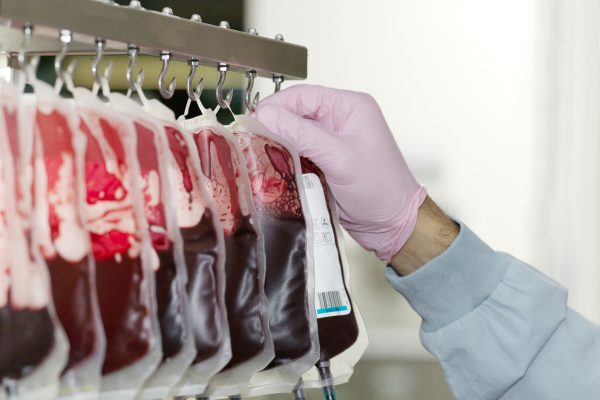
Researchers have reported on the efficacy and safety of betibeglogene autotemcel (beti-cel) gene therapy for patients with transfusion-dependent non-β0/β0 genotype β-thalassemia. The beti-cel gene therapy consists of autologous CD34+ hematopoietic stem cells and progenitor cells transduced with the BB305 lentiviral vector encoding the β-globin (βA-T87Q) gene. Results of this study were published in The New England Journal of Medicine.
A phase III, open labelled, single-arm study enrolled 23 patients with transfusion-dependent non-β0/β0 genotype β-thalassemia. All the patients underwent myeloablation with busulfan and were administered beti-cel intravenously. The study’s primary endpoint was transfusion independence, defined as weighted average haemoglobin level (≥9 g per deciliter) without red-cell transfusion for ≥12 months.
After a median follow-up of 29.5 months (range, 13.0-48.2 months), 91% of patients (n=20) achieved the primary endpoint of transfusion independence. This includes 6 out of 7 patients (86%) younger than 12 years. During transfusion independence, an average level of 11.7 g/deciliter (9.5-12.8) haemoglobin (Hb) was observed. Also, the median level of gene therapy derived adult Hb with a T87Q amino acid substitution (HbAT87Q) was 8.7 g per deciliter (range, 5.2 to 10.6) in patients with transfusion independence after 12 months of gene therapy (beti-cel infusion).
Adverse events (AE) were reported in 4 patients. All the AEs were not serious except for one where a patient developed thrombocytopenia.
The study results demonstrate the safety and efficacy of gene therapy for patients with non-β0/β0 genotype β-thalassemia. Further validation of these observations in a larger cohort is warranted.
Reference